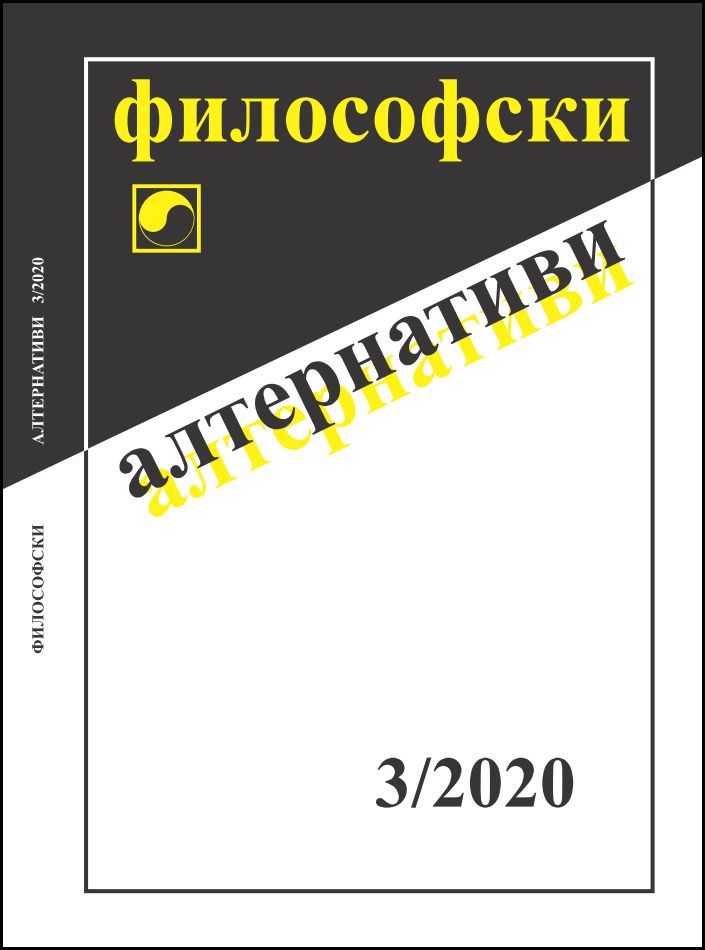Мишел Фуко и западната медицина
Michel Foucault and Western Medicine
Author(s): Dmitry MikhelContributor(s): Bozhidar Ivkov (Translator)
Subject(s): History, Philosophy, History of Philosophy, Philosophical Traditions, Social Philosophy, History of ideas, Modern Age, Contemporary Philosophy, Structuralism and Post-Structuralism, 18th Century
Published by: Институт по философия и социология при БАН
Keywords: Michel Foucault; Western medicine; power; psychiatry; hospital; social medicine
Summary/Abstract: The article analyzes Michel Foucault’s philosophical ideas on Western medicine and delves into three main insights that the French philosopher developed to expose the presence of power behind the veil of the conventional experience of medicine. These insights probe the power-disciplining function of psychiatry, the administra¬tive function of medical institutions, and the role of social medicine in the adminis¬trative and political system of Western society. Foucault arrived at these views by way of his intense interest in three elements of the medical system that arose almost simultaneously at the end of the 18th century: psychiatry as “medicine for mental illness”, the hospital as the first and most well-known type of medical institution, and social medicine as a type of medical knowledge focused more on the protection of society and far less on caring for the individual. All the issues Foucault wrote about stemmed from his personal and professional sensitivity to the problems of power and were a part of the “medical turn” in the social and human sciences that occurred in the West in the 1960s and 1970s and led to the emergence of medical humanities. The article argues that Foucault’s histories of the power of medical knowledge were philosophical histories of Western medicine. Foucault always used facts, dates, and names in an attempt to identify some of the general tendencies and patterns in the development of Western medicine and to reveal usually undisclosed mechanisms for managing individuals and populations. Those mechanisms underlie the practice of providing assistance, be it the “moral treatment” practiced by psychiatrists before the advent of effective medication, or treating patients as “clinical cases” in hospitals, or hospitalization campaigns that were considered an effective “technological safe-guard ” in the 18th and most of the 19th century.
Journal: Философски алтернативи
- Issue Year: XXIX/2020
- Issue No: 3
- Page Range: 99-111
- Page Count: 13
- Language: Bulgarian
- Content File-PDF

